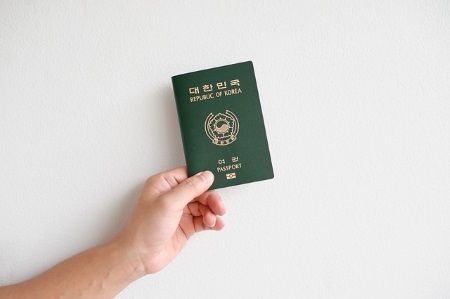Forced Labor in Southeast Asia
 Not all human trafficking is for sex slavery. Forced labor is still a major problem in large parts of the world, particularly in Southeast Asia. Several countries in the region have extraordinarily low unemployment rates, forcing them to look to other countries for the workers they need.
Not all human trafficking is for sex slavery. Forced labor is still a major problem in large parts of the world, particularly in Southeast Asia. Several countries in the region have extraordinarily low unemployment rates, forcing them to look to other countries for the workers they need.
Labor brokers enter countries suffering from chronically high unemployment with promises of high pay and good jobs.
Sadly, the people who are “hired” by the labor brokers arrive at the new job only to have their passports confiscated and learn they need to pay the recruiter exorbitant “hiring fees.” These people end up working for years in unsafe and inhumane conditions, effectively slaves to their employers.
Changing a Regional Slavery Problem
Slavery is almost as old as civilization itself. Eliminating it entirely in any part of the world is very difficult as it can take many forms. Southeast Asia’s fishing and construction industries are notoriously rife with forced labor and, as investors, there is very little we can do to stop it. The electronics industry, however, is another story.
Many electronics are made in Southeast Asia for major corporations, sometimes by slaves.
The biggest advantage we have with the electronics industry is the size and stature of the businesses involved. Very large, global corporations that have easily traceable components are more likely to be able to curb slave labor in their manufacturing facilities. That assumes, of course, that they are aware of it.
Working to Free Millions of Slaves in Southeast Asia
 When we approached businesses that had components made in factories manned by slaves, they were very receptive to our message. Businesses like Microsoft, IBM and Xerox took our news seriously and began to make changes.
When we approached businesses that had components made in factories manned by slaves, they were very receptive to our message. Businesses like Microsoft, IBM and Xerox took our news seriously and began to make changes.
A very simple change to the way employees are paid prevented most slavery.
What struck us, and, we assume, most Americans, as odd about the whole scheme was that the employees had to pay the recruiter’s fees. Most recruiters in the United States are paid by the company looking for more workers, not the workers themselves. So, it comes as no surprise that American-based companies addressed the slavery problem by forcing their contractors to adopt the American recruitment model.
Now, labor brokers for electronics manufacturers in Southeast Asia are paid by the hiring factory, not the worker.
No longer having their paychecks intercepted by their recruiters, workers will no longer be slaves. This little change is projected to free millions of workers in the region. While slavery still exists worldwide, our advocacy efforts have made important inroads to bringing better labor protection and hiring practices to the world’s at-risk populations in Southeast Asia.

